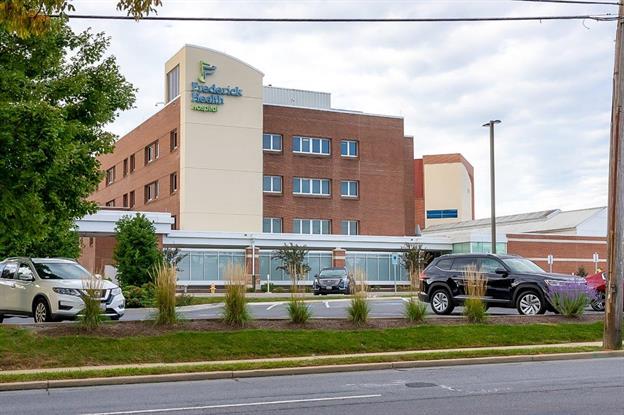Celebrating Black Pioneers in Healthcare
- Category: Our Community, Frederick Health Services, Patient Stories
- Posted On:
- Written By: Kelsey
Every February, we remember and recognize people of color who have pushed boundaries, broken down barriers, and influenced the building of our nation, including the evolution of healthcare. In honor of Black History Month, learn about five influential Black men and women who left their mark on healthcare and advanced the practice of medicine across the country.
Dr. Jane Cooke Wright, Pioneer in Cancer Research
In 1967, Dr. Jane Cooke Wright became professor of surgery, head of the cancer chemotherapy department, associate dean at New York Medical College, and the highest ranked African-American woman at a nationally recognized medical institution. By 1971, she became the first woman to be elected president of the New York Cancer Society.
A pioneering cancer researcher and surgeon, she is credited with developing the technique of using human tissue culture rather than laboratory mice to test the effects of potential drugs on cancer cells. At the age of 33, Dr. Cooke Wright was appointed head of the Cancer Research Foundation.
Dr. Levi Watkins, Jr., Innovative Cardiac Surgeon
Dr. Levi Watkins, Jr. graduated from Tennessee State University with a degree in biology, and then attended the Vanderbilt University School of Medicine. He became the first African-American to obtain a medical degree from that institution.
Watkins began his medical residency at Johns Hopkins Hospital in 1971. There, he became chief resident of cardiac surgery, acting as the first African-American chief resident at the university.
On February 4, 1980, Dr. Watkins and Vivien Thomas were the firsts to successfully implant an automatic defibrillator in a human patient at Johns Hopkins University. This took place only a mere seven months after Watkins completed his surgical education at Johns Hopkins. Today, millions of patients everywhere use this device, which detects irregular heartbeats and corrects them, thanks to the groundbreaking work of this extraordinary surgeon.
Dr. Blanche Bourne Tyree, Leader in Public Health
Credited as the first woman in Frederick County to hold a medical license, Dr. Blanche Bourne Tyree was one of five women to graduate from Howard University College of Medicine in 1941. Before moving back to Frederick in 1979, she worked as a pediatrician in St. Louis and Cincinnati, then moved on to become the Deputy Director of Public Health in Washington, D.C.
Dr. Bourne Tyree had a successful career as a pediatrician and a public health administrator for over 40 years.
Dr. Charles Richard Drew, Father of the Blood Bank
A native Washingtonian, Dr. Charles Richard Drew was the first African-American to earn a medical doctorate from Columbia University. During his fellowship training, he developed a method for long-term storage of blood plasma.
Known as the “Father of the Blood Bank,” Dr. Drew created the first blood bank and developed a means of preserving blood plasma for transfusion. He was a surgeon, medical scientist, and educator. In 1941, Dr. Drew was appointed Assistant Director of the First American Red Cross Blood Bank.
Dr. Gertrude Hunter, Leader in Pediatric Care
Known as a pioneer in medical education and public health administration, Dr. Gertrude Hunter was appointed as the first national director of health services for Project Head Start in 1965.
During her time in this position, Dr. Hunter helped implement the first national comprehensive health program to immunize, offer preventive medical and dental care, and treat any health conditions that are difficult to detect in preschool children.
The influence of these individuals in the healthcare field continues to span time. Their championship of the medical field at a time when people of color were not seen as equals in the healthcare profession is truly remarkable. We recognize them today as influencers of change in our communities and applaud their efforts to diversify and improve the medical industry for all.


